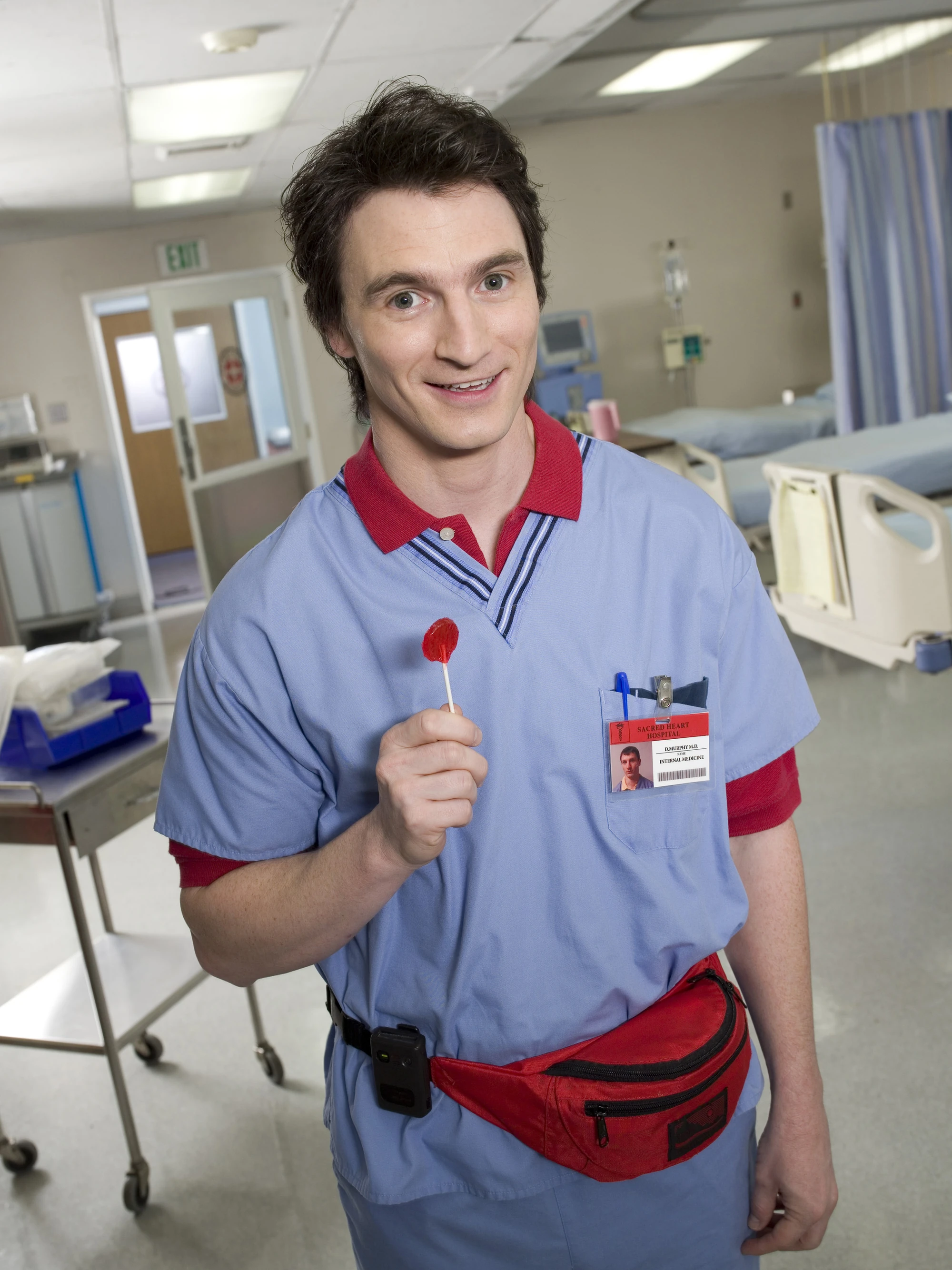In high school I consistently went to bed around 3am and woke up for school at 7am. None of my friends understood how I could get so little sleep and yet still function normally in the day. After a summer of changing up my sleep patterns, I can no longer keep my eyes open after getting the amount of sleep that I used to get just a few months ago. What did I do to require so little sleep before? Can we train ourselves to need less sleep?

This image came from http://www.chatelaine.com/the-happiness-plan/be-happier-at-home-with-five-easy-tips/
According to Karen Weintraub of The New York Times, I’m completely wrong about my own ability to function with minimal sleep. Dr. Sigrid Veasy, a professor at the Center for Sleep and Circadian Neurobiology at the University of Pennsylvania’s Perelman School of Medicine, claims that teenagers don’t function normally with less than the 8 to 10 hour sleep recommendation. She explains that one effect of being deprived of sleep is misjudgment of the amount of sleep we need at the time. Because many students don’t understand how a lack of sleep really affects the mind and body, they are convinced that running on minimal sleep is acceptable. Some benefits of sleep and the drawbacks of sleep deprivation are explained in blogs like The TRUTH Behind Sleep and How much do we really need sleep?, which explain that the closer someone gets to reaching the recommended amount of sleep, the healthier they will be.
However, I couldn’t help but wonder if it is possible to alter your own natural rhythm of sleep, without experiencing the downfalls of sleep deprivation that are discussed in these blog posts. Personally, in the short time that I used to sleep, I slept very well. According to Christie Nicholson from Scientific American, we sleep with greater intensity when we are sleep deprived. Therefore, my sleep deprivation may have caused me to sleep better than if I had consistently slept longer, but it still does not compensate for the lack of sleep. There is no evidence that proves that altering the amount of time that is necessary to sleep for is possible, but evidence does show that it is possible to alter the time of day or night that you feel tired. The National Sleep Foundation explains that our internal circadian biological clocks are responsible for controlling the signals in our brain that determine when we should be awake, and when we should be asleep. In addition, it is also responsible for making us feel more alert during the day even when we are sleep deprived. This effect could factor in to why people feel like they need less sleep than they actually need.
There are no published studies that specifically examine what happens when people try to beneficially alter the amount of sleep they get. This could mean that if studies were conducted, the researches probably accepted the null hypothesis, which in this case is that it is not possible to train yourself to function normally with less sleep. Therefore, the study might not have escaped the file drawer since these results are not exciting. The lack of specific studies for this topic could also be due to the fact that people accept that knowledge about sleep is enough to determine that the closer to 8 to 10 hours of sleep a teenager gets the better, because there is no way to dodge sleep deprivation. Based on these results, I’m glad that I no longer get such an insufficient amount of sleep. Even though I was not aware of it, I was less productive, as my body was not as charged up as necessary. Although I trained myself to learn to stay awake longer and cope with sleep deprivation, I did not alter the amount of sleep that is necessary for myself to get.
http://well.blogs.nytimes.com/2016/06/17/ask-well-can-you-train-yourself-to-need-less-sleep/?_r=0
https://www.scientificamerican.com/article/strange-but-true-less-sleep-means-more-dreams/
https://sleepfoundation.org/sleep-topics/sleep-drive-and-your-body-clock
http://a2levelpsychology.blogspot.com/2015/06/a2-level-circadian-rhythm.html


































